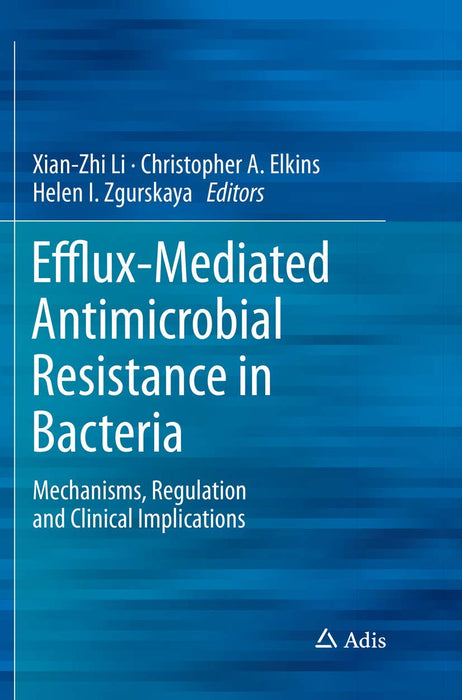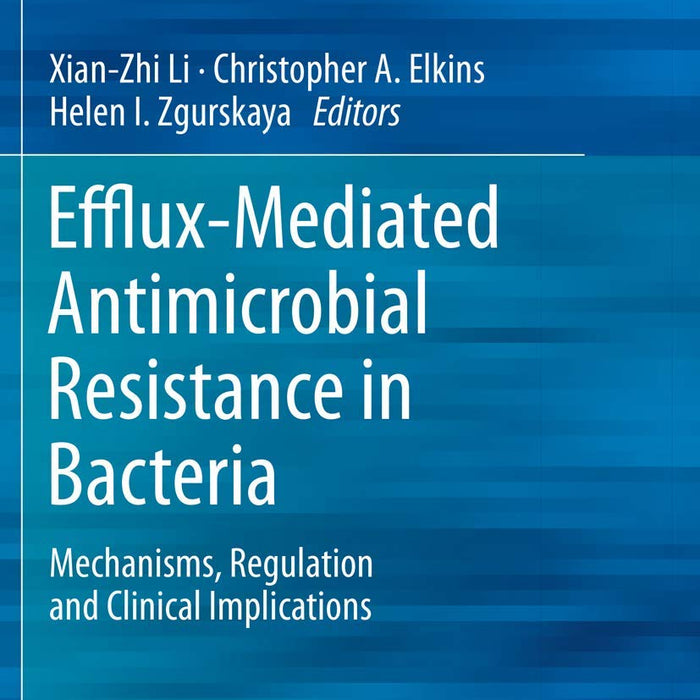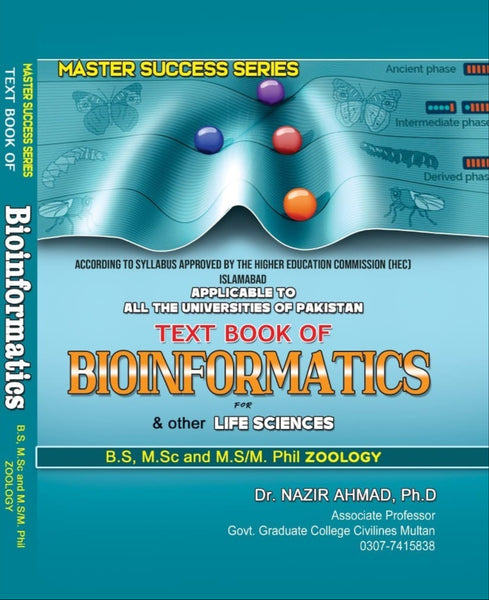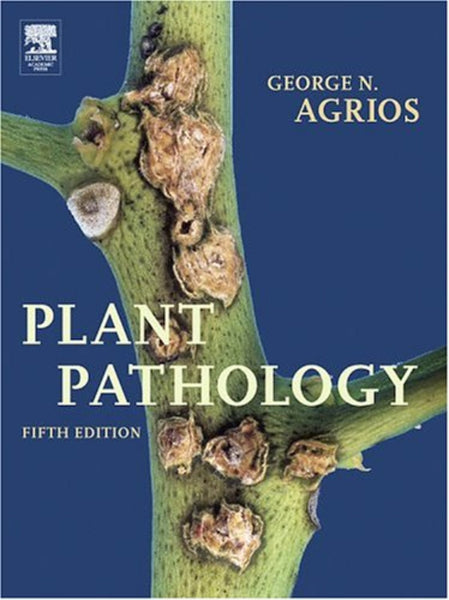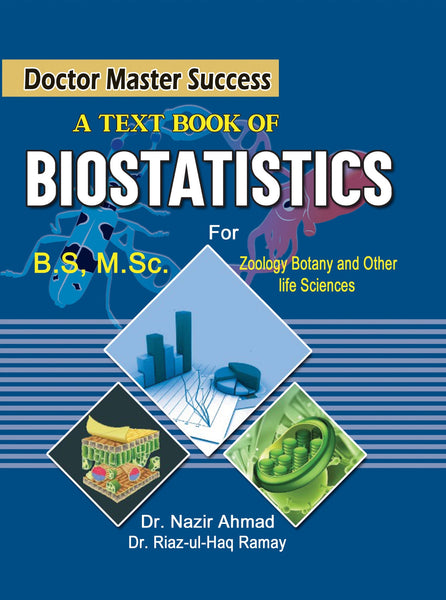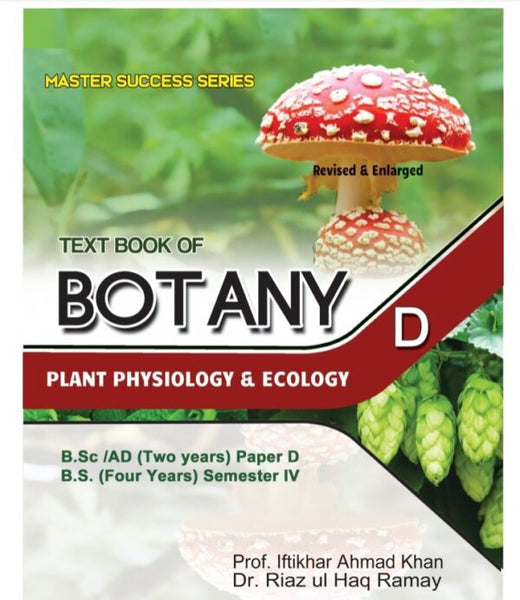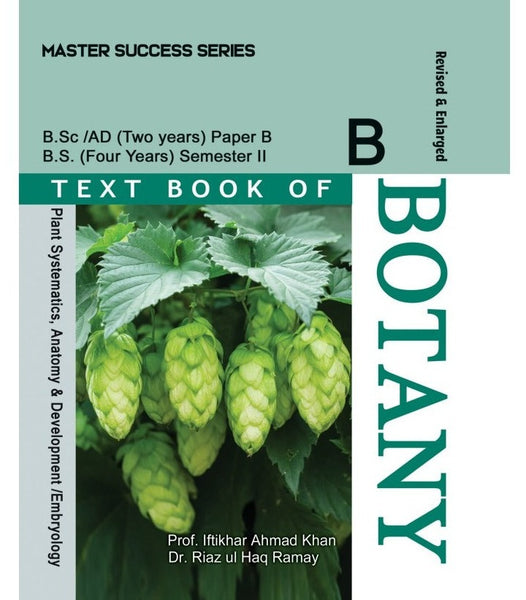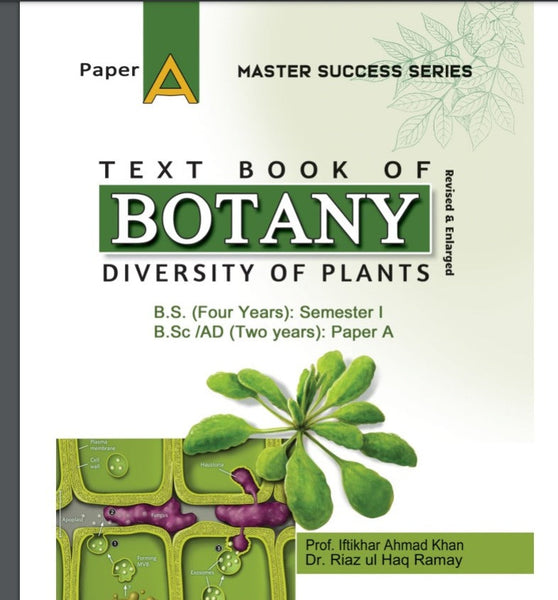Efflux-Mediated Antimicrobial Resistance in Bacteria by Xian-Zhi Li (Editor)
- Publisher: BOTANY
- Availability: In Stock
- SKU: 49148
- Number of Pages: 868
Rs.1,690.00
Rs.2,095.00
Tags: Antibiotic Resistance in Bacteria , Antibiotic Resistance Mechanisms , Antibiotic Resistance Regulation , Antimicrobial Resistance in Bacteria , Antimicrobial Resistance Regulation , Antimicrobial Resistance Research , Bacterial Efflux Mechanisms , Bacterial Resistance Mechanisms , Bacterial Resistance Regulation , best books , Best Price , Best Selling Books , Christopher A Elkins , Clinical Implications of Antimicrobial Resistance , Clinical Implications of Efflux Pumps , Efflux Pumps in Bacteria , Efflux Systems in Microbes , Efflux-Mediated Antimicrobial Resistance , Efflux-Mediated Antimicrobial Resistance in Bacteria: Mechanisms , Helen I Zgurskaya , Mechanisms of Efflux-Mediated Resistance , Microbial Pathogens , Microbial Resistance , ONLINE BOOKS , Online Bookshop , Regulation and Clinical Implications , Resistance in Bacteria , Xian-Zhi Li
📘 Title Name: Efflux-Mediated Antimicrobial Resistance in Bacteria
✍️ Authors: Xian-Zhi Li (Editor), Christopher A Elkins (Editor), Helen I Zgurskaya (Editor)
Quality: Black White Pakistan Print
🔹 Introduction:
This comprehensive reference explores the role of efflux pumps in bacterial resistance to antimicrobials, a major challenge in clinical microbiology and infectious disease control. It provides molecular insights into efflux mechanisms and strategies to counteract them.
🔑 Key Points:
-
Detailed examination of efflux pump systems and their genetic regulation in resistant bacteria.
-
Discusses clinical implications of efflux-mediated resistance and its role in multidrug resistance.
-
Includes experimental approaches and therapeutic strategies for inhibiting efflux mechanisms.

